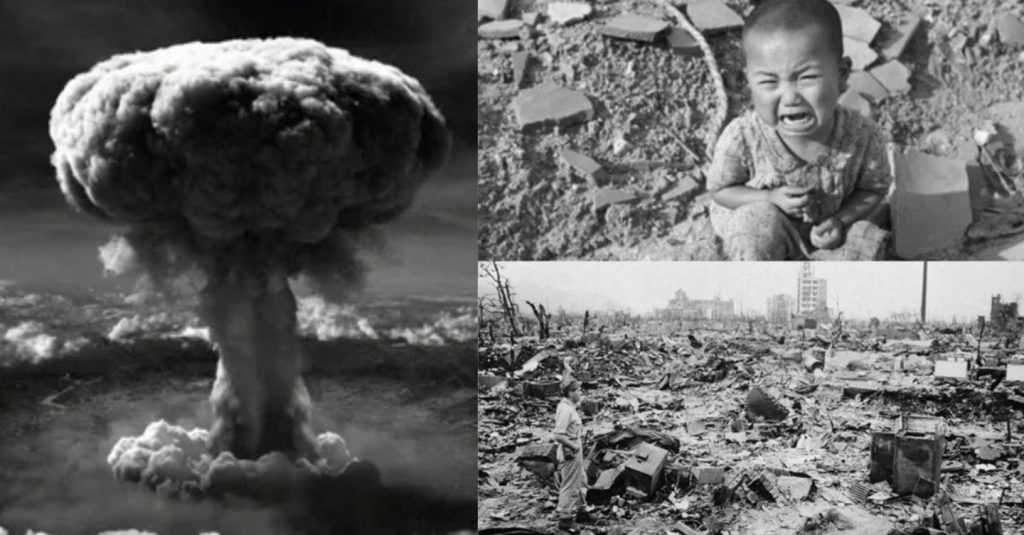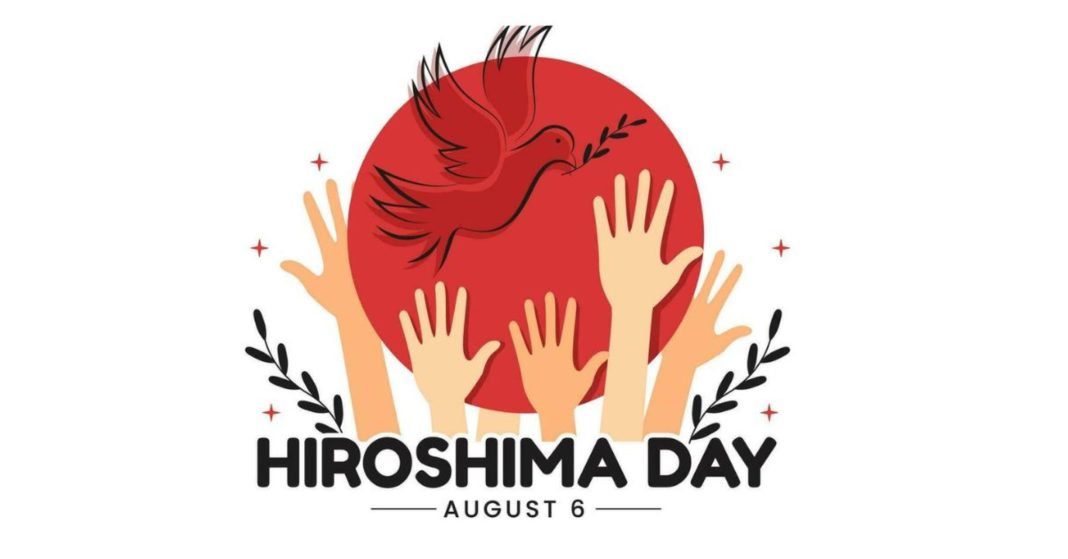Hiroshima Day is observed every year on 6th August to remember the horrific atomic bombing of Hiroshima in 1945. It is a day of reflection, sorrow, and hope for a peaceful future. While the tragedy caused immense suffering, Hiroshima Day also stands as a strong call for peace and a reminder that nuclear weapons should never be used again.
Why Hiroshima Day is Important
The bombing of Hiroshima was the first time in history that an atomic bomb was used in war. The devastating attack left behind memories of destruction and pain that the world can never forget. Hiroshima Day is important because it:
- Remembers the innocent lives lost.
- Honors the survivors, known as Hibakusha, who faced lifelong health struggles.
- Warns the world about the catastrophic dangers of nuclear weapons.
- Inspires nations to work together for a future free from nuclear war.
Hiroshima Day and the Second World War
To understand Hiroshima Day, we need to look at the events of the Second World War.
- The Second World War lasted from 1939 to 1945, involving many countries.
- By mid-1945, Japan was still fighting against the United States and its allies.
- On 6th August 1945, an American bomber plane dropped the first atomic bomb on Hiroshima. The bomb was named “Little Boy.”
- Just three days later, on 9th August 1945, another atomic bomb named “Fat Man” was dropped on Nagasaki.
- After these two bombings, Japan surrendered on 15th August 1945, which brought the war to an end.
Thus, Hiroshima Day became a turning point in world history, reminding humanity of the cost of war.
The Immediate Impact of Hiroshima Day
The impact of the atomic bomb on Hiroshima was terrifying and tragic.
Destruction of the City
- Within seconds, almost 70% of the city’s buildings were completely destroyed.
- Schools, homes, and hospitals were reduced to ashes.
- Streets were filled with fire and thick smoke.
Loss of Lives
- Around 70,000 to 80,000 people died instantly.
- Thousands more died later from burns and injuries.
Health Problems Caused by Radiation
- Radiation from the bomb caused cancers, blood diseases, and other severe illnesses.
- Many children were born with birth defects due to radiation exposure.
- Survivors carried scars and health issues throughout their lives.
Long-Term Effects Remembered on Hiroshima Day
Hiroshima Day also makes us remember the long-term effects of the bombing:
- People who survived, known as Hibakusha, lived with both physical and emotional pain.
- Generations after the bombing still faced health problems.
- The environment and soil were damaged due to radiation.
- Fear of nuclear war spread across the globe, leading to efforts for disarmament.

Hiroshima Day as a Symbol of Peace
Though Hiroshima Day reminds us of a tragic event, it has also become a symbol of peace. Every year, ceremonies are held to send a clear message: Never Again.
- In Hiroshima, people gather at the Peace Memorial Park to pray for the victims.
- At 8:15 AM, the exact time the bomb was dropped, people observe a minute of silence.
- Thousands of paper cranes are folded and displayed as symbols of peace and healing.
- Across the world, schools, governments, and peace organizations conduct programs to educate young people about the dangers of nuclear weapons.
Lessons We Learn from Hiroshima Day
War Brings Suffering
Hiroshima Day teaches us that wars may seem powerful, but they bring only destruction and pain to ordinary people.
Nuclear Weapons Should Never Be Used Again
The bomb in Hiroshima showed the world how a single weapon can destroy an entire city. Hiroshima Day reminds us to prevent such weapons from being used again.
Peace is the Strongest Weapon
Dialogue, friendship, and cooperation are much stronger than bombs and wars. Hiroshima Day encourages nations to solve problems peacefully.
History Should Not Be Repeated
By observing Hiroshima Day every year, we promise to remember the past so that such a tragedy never happens again.
How the World Observes Hiroshima Day Today
Hiroshima Day is not just observed in Japan but also worldwide.
- In Japan: A grand Peace Memorial Ceremony is held at Hiroshima’s Peace Park. Leaders, citizens, and survivors gather to offer flowers and prayers.
- Worldwide: People hold peace rallies, debates, and educational programs.
- Schools and Colleges: Students participate in discussions, essays, and art competitions to learn the value of peace.
- Peace Messages: Leaders from different nations send messages encouraging a world without nuclear weapons.
Hiroshima Day and the Role of Children
Hiroshima Day carries a special message for children as well:
- To always choose kindness over violence.
- To grow up respecting people from all cultures and countries.
- To believe in solving problems through friendship, not fighting.
- To dream of a safe, peaceful, and happy world for everyone.
Conclusion
Hiroshima Day is not only about remembering the tragedy of the past but also about building a peaceful future. It shows us that while war can destroy a city in seconds, peace can build a world that lasts for generations.
Let us all take a pledge on Hiroshima Day:
We will work for peace, love, and a world free from nuclear weapons.
Frequently Asked Questions (FAQ) on Hiroshima Day
Q1. When is Hiroshima Day observed?
Hiroshima Day is observed on 6th August every year.
Q2. Why is Hiroshima Day important?
It reminds the world about the tragedy of the atomic bomb and spreads the message of peace and a nuclear-free future.
Q3. What happened in Hiroshima on 6th August 1945?
The United States dropped the world’s first atomic bomb on Hiroshima, killing thousands of people instantly.
Q4. What is the symbol of peace on Hiroshima Day?
Paper cranes and the Hiroshima Peace Memorial Park are symbols of peace.
Q5. What do we learn from Hiroshima Day?
We learn that peace is the true path to a better world, and nuclear weapons must never be used again.



